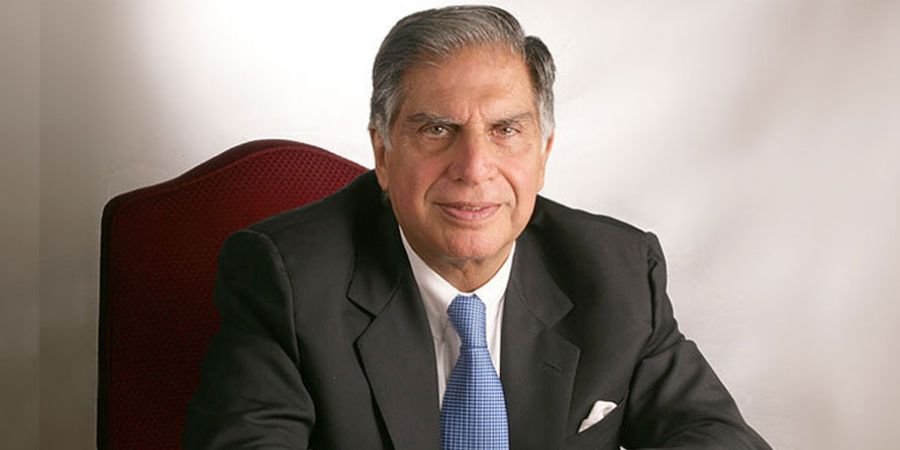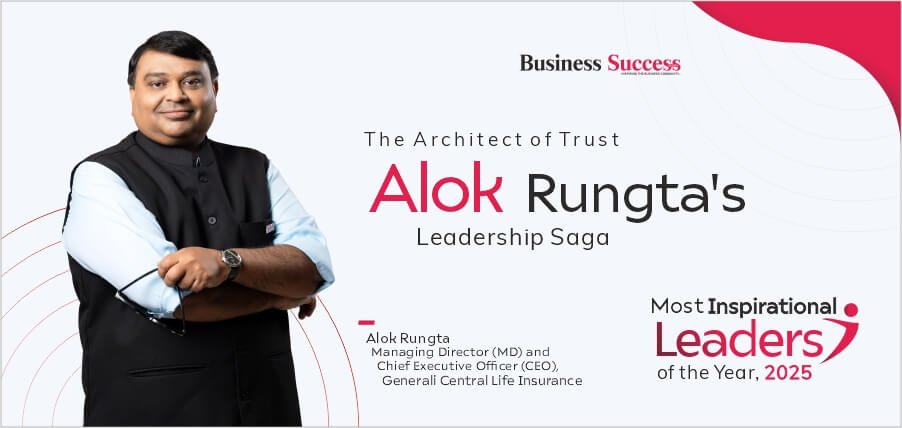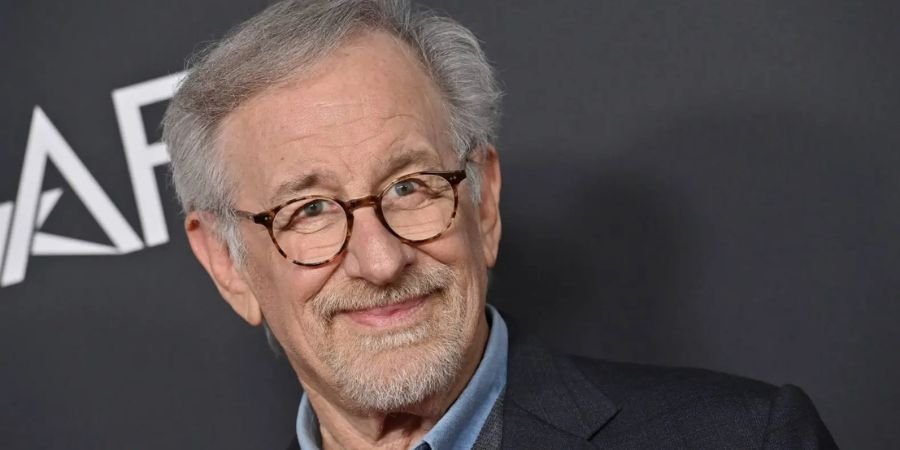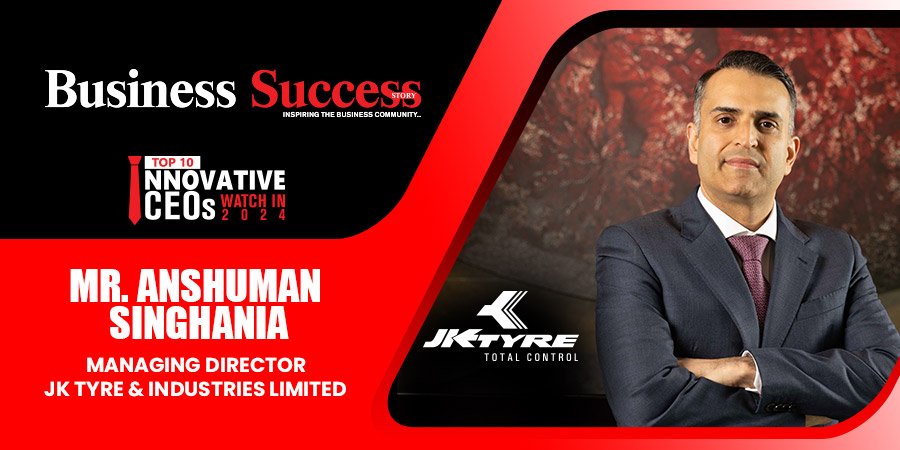In the pantheon of global business leaders, few names are as respected and admired as Ratan Tata. His journey, marked by visionary leadership, unwavering commitment to ethics, and a relentless pursuit of excellence, serves as a beacon of inspiration for aspiring entrepreneurs and established professionals alike. This success story of Ratan Tata is not just about the transformation of Tata Group into a global conglomerate; it is a testament to the power of innovation, empathy, and responsible business practices.
Early Life and Ascension to Leadership
Born on December 28, 1937, in Bombay, British India, Ratan Naval Tata was destined to lead the Tata Group, India’s largest conglomerate, founded by his great-grandfather Jamsetji Tata. Ratan Tata’s early life was shaped by a deep sense of responsibility and a keen interest in business. After completing his education from Cornell University and Harvard Business School, he joined the Tata Group in 1961. His ascension to the chairmanship in 1991 marked the beginning of a new era for the Tata Group.
Under Ratan Tata’s leadership, the Tata Group saw exponential growth, diversifying into new sectors and expanding its global footprint. His strategic vision led to the acquisition of international brands like Tetley, Jaguar Land Rover, and Corus, transforming Tata from a predominantly Indian-centric group into a global powerhouse.
Driving Innovation and Sustainability
Ratan Tata’s approach to business was not just about achieving financial success; it was about innovating for the greater good. One of the most notable examples of this is the Tata Nano project. Envisioned as the world’s cheapest car, the Nano was Tata’s answer to the mobility needs of millions of Indians. Despite the project’s commercial challenges, it showcased Tata’s commitment to innovation and his desire to make a positive impact on society.
Sustainability and ethical business practices have been hallmarks of Ratan Tata’s tenure. He has been a strong advocate for corporate social responsibility, ensuring that the Tata Group invests in community development, environmental conservation, and education. These efforts have not only contributed to the company’s positive image but have also set a benchmark for responsible business practices globally.
Overcoming Challenges with Grace
Ratan Tata’s journey was not without its challenges. From facing economic downturns to navigating corporate controversies, his tenure saw it all. However, his ability to handle these challenges with grace and integrity is what sets him apart. His leadership during the 2008 Mumbai attacks, where he personally oversaw the relief and support efforts for the victims and their families, exemplifies his empathetic and strong leadership.
Legacy and Impact
Ratan Tata retired as the chairman of Tata Sons in 2012, leaving behind a legacy of transformative leadership. Under his guidance, the Tata Group not only achieved new heights in business but also became a symbol of trust and quality. His commitment to philanthropy, through the Tata Trusts, continues to impact millions of lives across India and the world.
Ratan Tata’s success story is a powerful reminder of how visionary leadership, coupled with a commitment to ethics and innovation, can create lasting impact. His life and career serve as a guiding light for future generations, embodying the essence of true leadership.
Conclusion
The story of Ratan Tata is more than a business saga; it’s a narrative of personal integrity, social responsibility, and visionary leadership. His journey underscores the belief that businesses have the power to change societies for the better while achieving remarkable success. As we reflect on Ratan Tata’s contributions, it’s clear that his legacy will continue to inspire and guide future leaders towards creating a more equitable and sustainable world.














